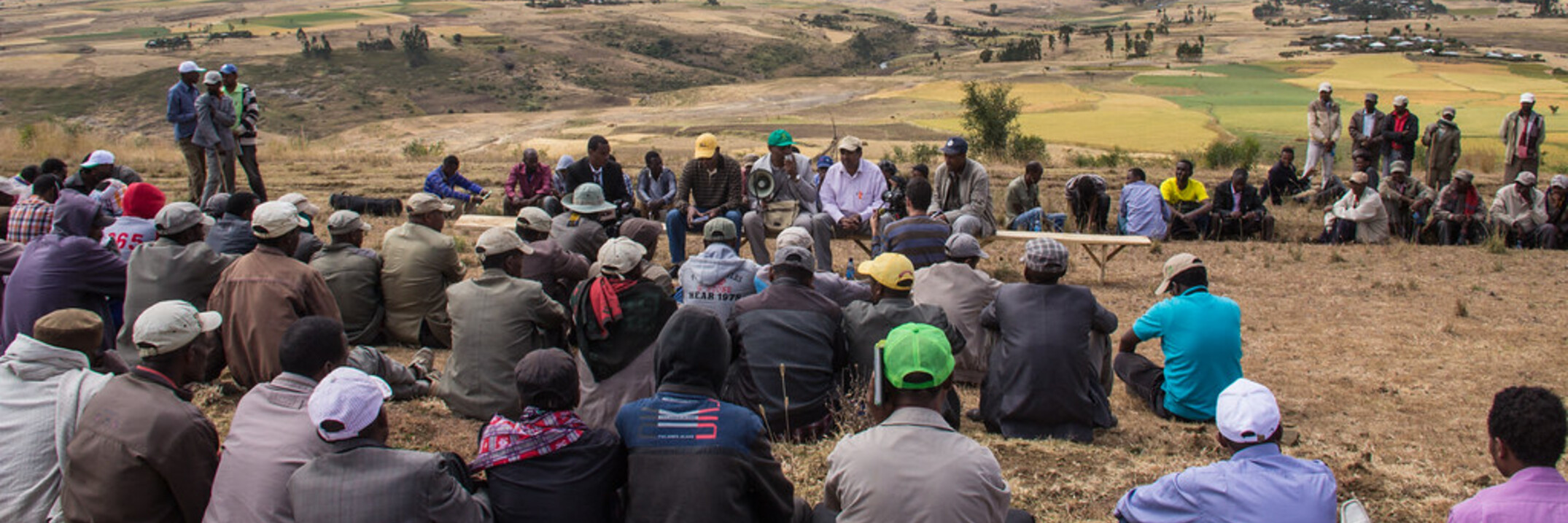The dairy sector in Tunisia is based on small-scale farms, with 81% of the breeders owning
less than five cows. On these farms, milk is stored in plastic containers, resulting in post-production
losses estimated at 10% in the studied region. Due to...


